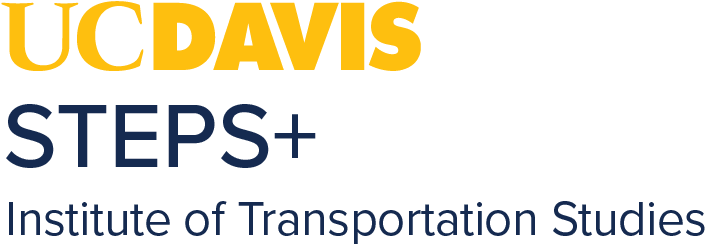Event Date
Featured speakers: Colin Murphy, Deputy Director of the UC Davis Policy Institute for Energy, Environment (PIEEE), and the Economy & Jin Wook Ro, a postdoctoral researcher at PIEEE.
CARB has announced plans to conduct a rulemaking to amend the Low Carbon Fuel Standard (LCFS) in 2023. The LCFS has been a critical part of California’s climate policies since it was first implemented in 2010, and has contributed to a significant decrease in the carbon intensity of transportation fuel in California, and the more than doubling of the fraction of transportation fuels coming from non-petroleum sources. Since 2020, however, LCFS credit prices have declined, compromising the program’s ability to support investments in low-carbon fuels and technologies. Key to this upcoming rulemaking will be increasing the LCFS’ 2030 target, which would put upward pressure on the credit price, and improve its level of incentive for supporting California’s progress toward carbon neutrality. CARB has also expressed interest in mechanisms to automatically raise the target in the future if similar market conditions occur again.
This webinar will present modeling done by the Low Carbon Fuel Policy Research Initiative at UC Davis that discusses options for the 2030 target, and the factors that will determine how fast California’s transportation system can reduce its GHG emissions. This builds on work done for the Driving California's Transportation Emissions to Zero by 2045 report. We will describe the Fuel Portfolio Scenario Model (FPSM), and discuss how proposed changes to the LCFS may impact the program through 2030 and beyond. We will also discuss how the LCFS supports California's plans to shift to zero-emission transportation, especially electric vehicles, and how these proposed changes may impact disadvantaged communities.
